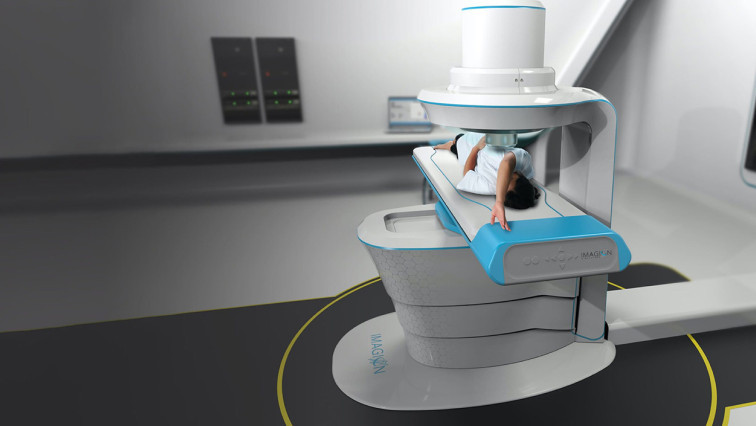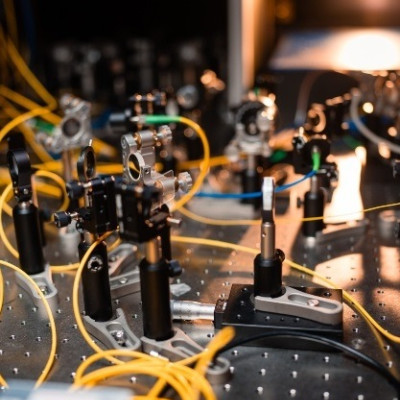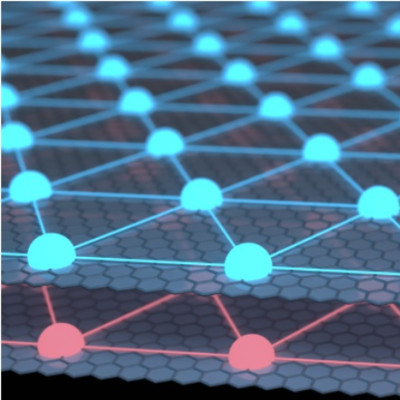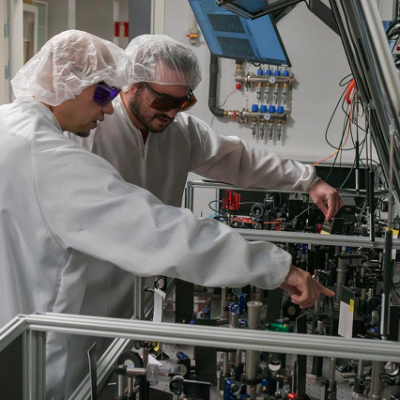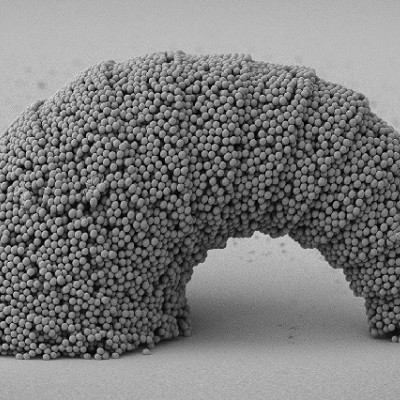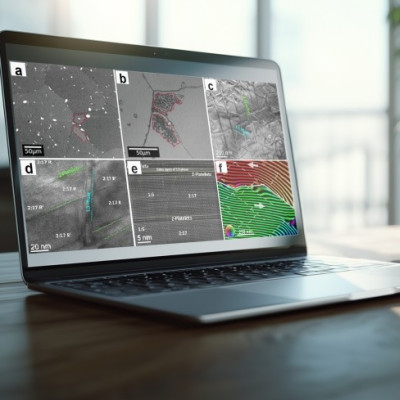The nanoparticles industry, while already thriving, is pegged by market researcher Emergen to top US$33.7 billion (A$53.5 billion) in value before the end of 2030
Imagion Biosystems offers a significant opportunity for investors to break into the space through its MagSense cancer detection technology
The tech uses bio-safe magnetic nanoparticles to detect and tag cancer cells in the body, reducing the need for biopsies, lowering costs for consumers and, ultimately, saving lives
Imagion has been testing its MagSense tech in breast cancer patients in a phase one study in Australia and, just last month, presented research data relating to its second product for prostate cancer
The idea of nanotechnology may once have been limited to sci-fi and fantasy fiction, but ASX-listed Imagion Biosystems (IBX) is bringing this groundbreaking tech to the world of healthcare.
The company is leading the charge in innovative medical imaging, using bio-safe nanoparticles to detect different types of cancer and other critical diseases.
The result is a more effective method of medical imaging that reduces the need for biopsies, lowers costs for consumers and ultimately saves lives.
Nanotechnology is not a new concept in the healthcare sector. However, Imagion Biosystems has taken major strides to secure its spot in this lucrative market.
Nanotech: Tiny particles in a massive market
It’s a common trend that as technology improves, it becomes smaller: think of an old square-shaped television from the mid-2000s; the loud, bulky family computer from before Y2K; or the first giant mobile phone that could barely fit in a standard pocket.
These days, computer chips, motherboards, and processors are able to achieve more while taking up a fraction of the space. But now imagine millions of pieces of technology working at the molecular level to achieve a common goal.
This is the crux of nanotech: far too small to be seen by the naked eye, but with an impact that can be felt around the world.
Nanotechnology already has common uses in many industries. For example, nanoparticles have been added to sunscreen products for years to make them more effective.
Nanoparticles can also be found in varying degrees in many types of glues, in paint coatings, in tennis balls, and, of course, in computers.
In these instances, the nanoparticles in question aren’t necessarily high-powered pieces of technology à la the T-1000 — humanity is not quite there yet. Rather, these are man-made particles bound to existing elements to strengthen or enhance their properties.
Given the wide range of uses for such nanoparticles, it’s no surprise that market researcher Emergen has predicted the global nanomaterials market will top US$33.7 billion (A$53.5 billion) before the end of 2030.
Yet, in some instances, the implications of nanotech carry even more value.
Grand View Research pegged the global nanomedicine market, for example, at US$159.53 billion in 2021, with a forecast compound annual growth rate of 11.7 per cent through to 2030 — meaning the industry could be worth upwards of US$425 billion in less than a decade.
This, naturally, means the sector is piquing the interest of investors around the globe, and Imagion Biosystems offers a significant opportunity for investors to break into the space.
The Imagion difference
At the forefront of Imagion’s product offering lies its MagSense cancer detection technology.
The tech uses bio-safe magnetic nanoparticles to detect and tag cancer cells in the body, and these particles act as a ‘beacon’ to medical imaging specialists to provide accurate depictions of the size and nature of tumours.
While conventional imaging methods provide anatomical information, they often only highlight ‘regions of interest’ without further details. MagSense nanoparticles go one step further in characterising the region of interest because they are designed to be detectable when attached to cancer cells.
So, unlike mammograms or ultrasounds, the MagSense technology is intended to differentiate between benign tumours and malignant cancer.
All this has led to the MagSense tech has been designated by the US Food and Drug Administration (FDA) as a “breakthrough device” for cancer care.
MagSense in action
Imagion has been testing its MagSense tech in breast cancer patients in a phase one study in Australia.
What’s more, just last month, the company presented research data relating to its second product for prostate cancer, revealing the magnetic nanoparticle tech had the potential to target prostate cancer tumours expressing the Prostate Specific Membrane Antigen (PSMA) with “high specificity”.
The particles accumulated preferentially in tissues expressing this antigen and not in other vital organs, and research showed the imaging agent was detectable by both MRI and Imagion’s proprietary relaxometry technology.
Imagion CEO Bob Proulx said these results provided “strong support” for the company to continue the development of a MagSense imaging agent for prostate cancer.
“The lack of specificity of standard PSA blood testing for identifying malignant prostate cancer results in an unnecessarily large number of prostate biopsies being performed, wasting more than $1 billion in costs and associated morbidity, including the risk of erectile dysfunction and urinary incontinence,” Mr Proulx said.
“Knowing we have an imaging agent that can work with multiple forms of magnetic imaging and does not use radioactivity will address the large unmet need of making non-invasive detection of prostate cancer more accessible and affordable and could reduce the need for prostate biopsies for many men, saving costs and improving patient care.”
What does this mean for investors?
Nanotechnology has enormous potential as a rapidly growing industry, and as global capabilities in the wider technology evolve, the implications of this tiny tech expand significantly.
Investors are watching the nanotech and nanoparticle space carefully, and while these products have myriad uses across a variety of sectors, their potential to revolutionise healthcare is profound.
Imagion Biosystems, through its nanotech-based medical imaging capabilities, offers ASX investors a ground-floor opportunity to get a foot in the door of this lucrative market.
Read the original article on The Market Herald.

